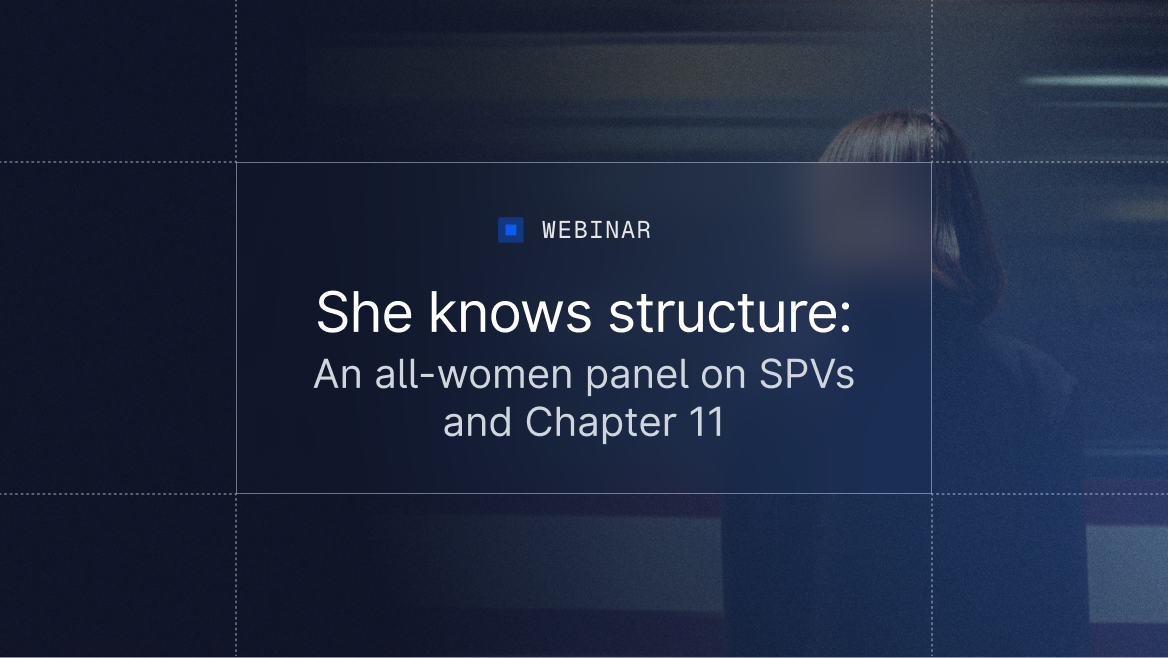News & InsightsLevFinDistressedPrivate CreditABFCLO
News & Analysis
Texas bankruptcy court maintains popularity amid ex-Judge Jones fallout
Max Reyes and Michael Evrard-Vescio26 Aug 2024 | US | 5 minute read

Related Posts
Discover more insights.
Use the previous and next buttons or keyboard arrows to navigate between slides.





